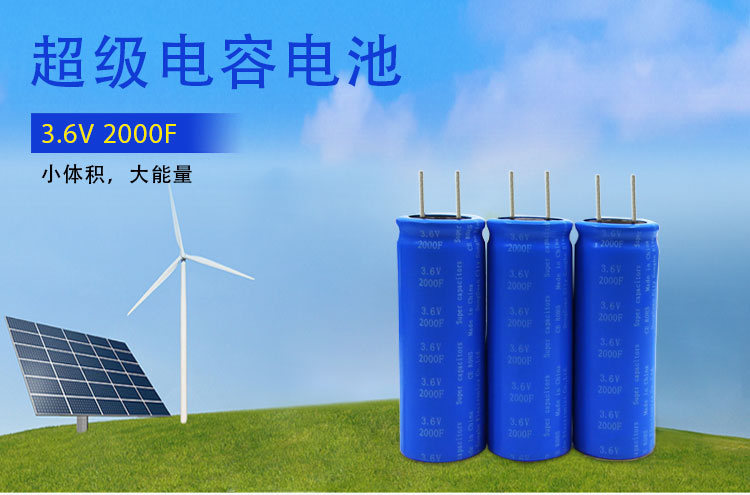Wedoany.com Report-Nov 14, At the COP29 UN climate change conference taking place in Baku, Azerbaijan, six more countries - El Salvador, Kazakhstan, Kenya, Kosovo, Nigeria and Turkey - have added their support for the tripling of global nuclear energy capacity by 2050.
World Nuclear Association Director General Sama Bilbao y León speaking at the event (Image: World Nuclear Association)
During COP28 - held in Dubai, UAE, in December last year - 25 countries backed a Ministerial Declaration calling for the tripling of global nuclear energy capacity by 2050. The heads of state, or senior officials, from Bulgaria, Canada, the Czech Republic, Finland, France, Ghana, Hungary, Jamaica, Japan, South Korea, Moldova, Mongolia, Morocco, the Netherlands, Poland, Romania, Slovakia, Slovenia, Sweden, Ukraine, the UAE, the UK and the USA signed the declaration on 2 December, with Armenia and Croatia also signing up during the summit.
The declaration says the countries recognise the need for a tripling of nuclear energy capacity to achieve "global net-zero greenhouse gas/carbon neutrality by or around mid-century and in keeping a 1.5°C limit on temperature rise within reach". It also recognises that "new nuclear technologies could occupy a small land footprint and can be sited where needed, partner well with renewable energy sources and have additional flexibilities that support decarbonisation beyond the power sector, including hard-to-abate industrial sectors".
On Wednesday, in an event co-organised by the COP29 Presidency, the International Atomic Energy Agency (IAEA), the USA and World Nuclear Association, a further six countries signed the declaration. This brings the total number of countries endorsing the declaration to triple to 31.
Kazakhstan's Ministry of Energy said the country's signing of the declaration "demonstrates its commitment to sustainable development goals and its desire to make a significant contribution to combating climate change. Nuclear energy is considered one of the key components of Kazakhstan's energy balance, which will allow the country to achieve carbon neutrality by 2060, increase the share of clean energy sources and ensure reliable energy supply."
"We warmly welcome these six new countries to the Coalition of the Ambitious," said World Nuclear Association Director General Sama Bilbao y León. "Today's announcement highlights the essential role of nuclear energy in meeting the Paris Agreement goals in a cost-effective and equitable manner.
"Leadership requires a clear-eyed assessment of the here and now, but also the foresight to prepare for what the world will need not only in 2050, but in the decades after. The signatories to this declaration are making a long-term commitment. But it is a long-term commitment with a long-term pay off, providing energy certainty and reliability in an uncertain world."
World Nuclear Association noted the announcement "is the latest moment of recognition for the essential role of nuclear energy in achieving net-zero emissions". On Tuesday at COP, the US Administration issued a roadmap outlining plans for the deployment of 200 GW of nuclear capacity by 2050. Other recent developments have included the recognition of nuclear energy - for the first time in a major COP decision - among the solutions needed to keep the 1.5-degree goal within reach, as part of last year's Global Stocktake under the Paris Agreement. In March, the IAEA and Belgium co-chaired the first Nuclear Energy Summit, in which countries highlighted the role of nuclear energy in reducing the use of fossil fuels, enhancing energy security, and boosting economic development. In September, at New York Climate Week, 14 of the world's largest banks and financial institutions from five countries signalled their support for tripling global nuclear capacity.












